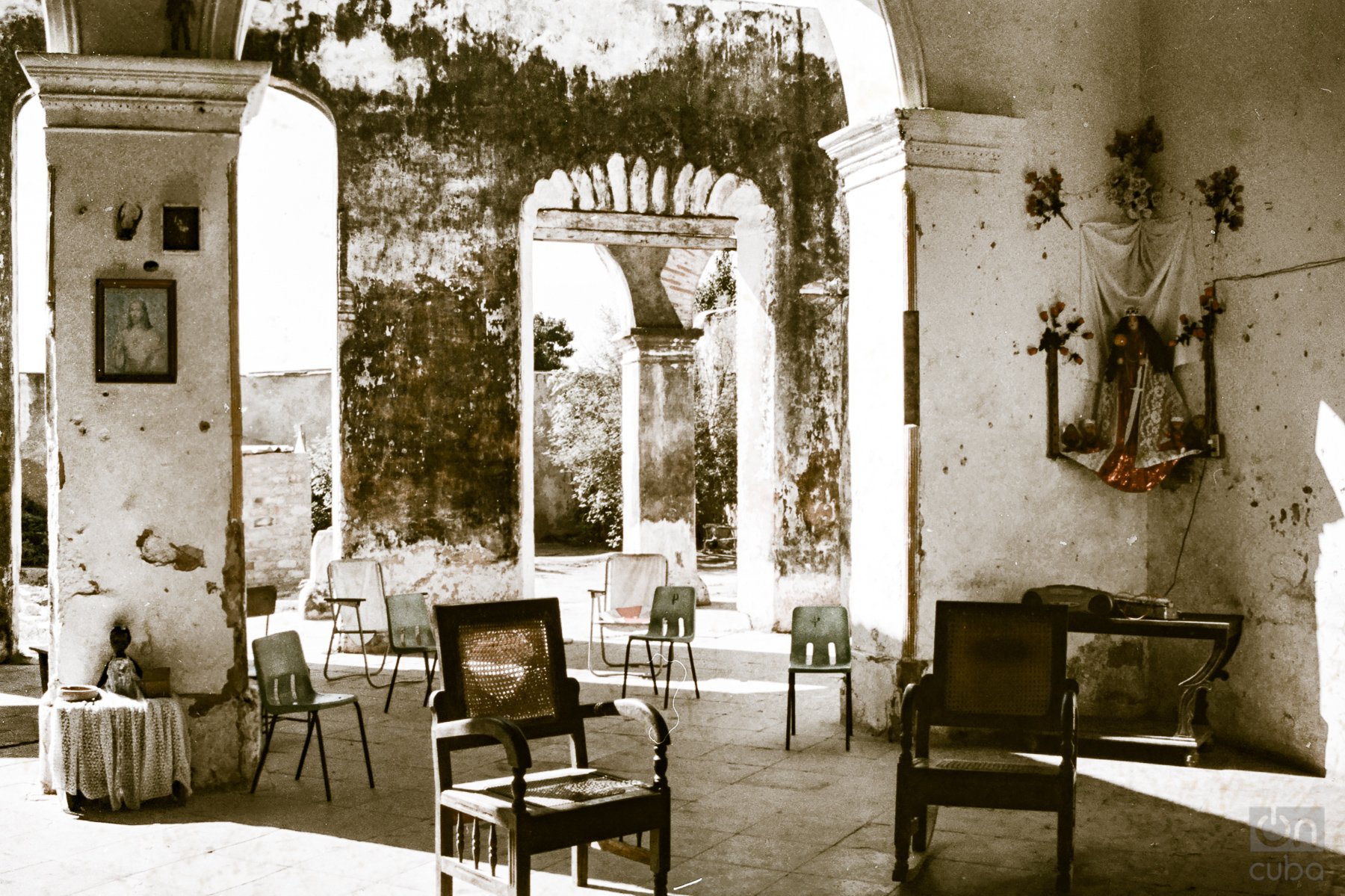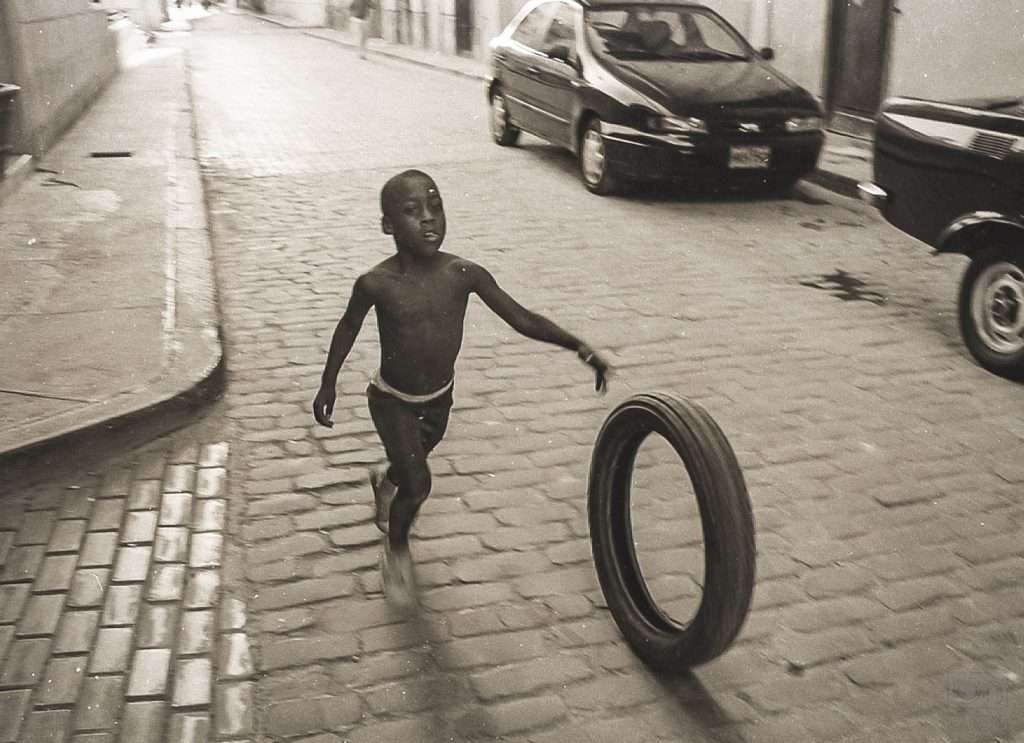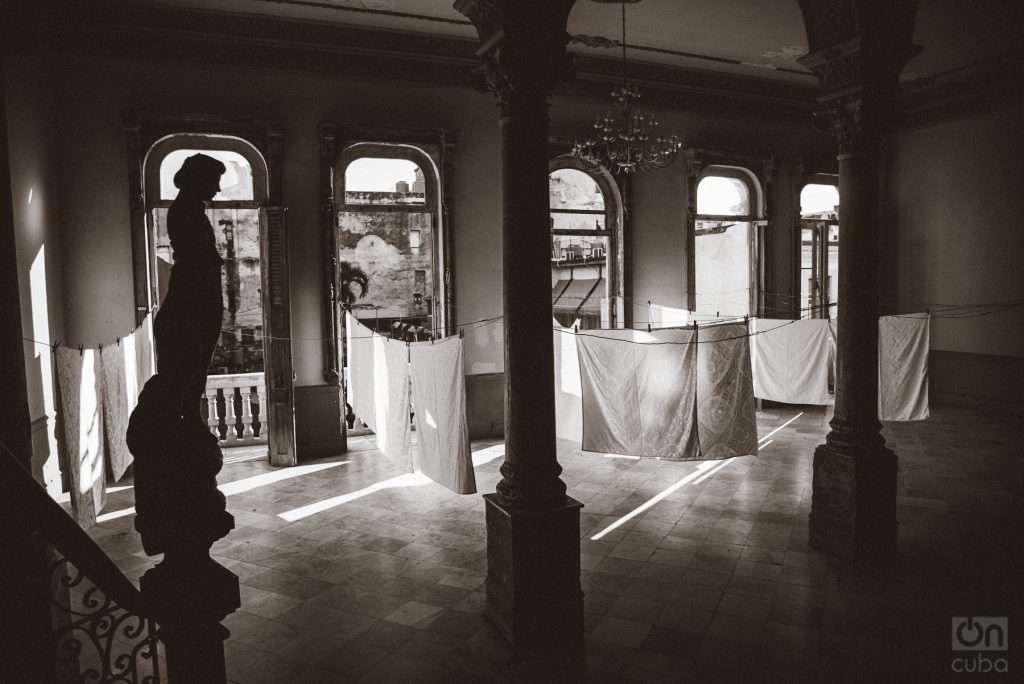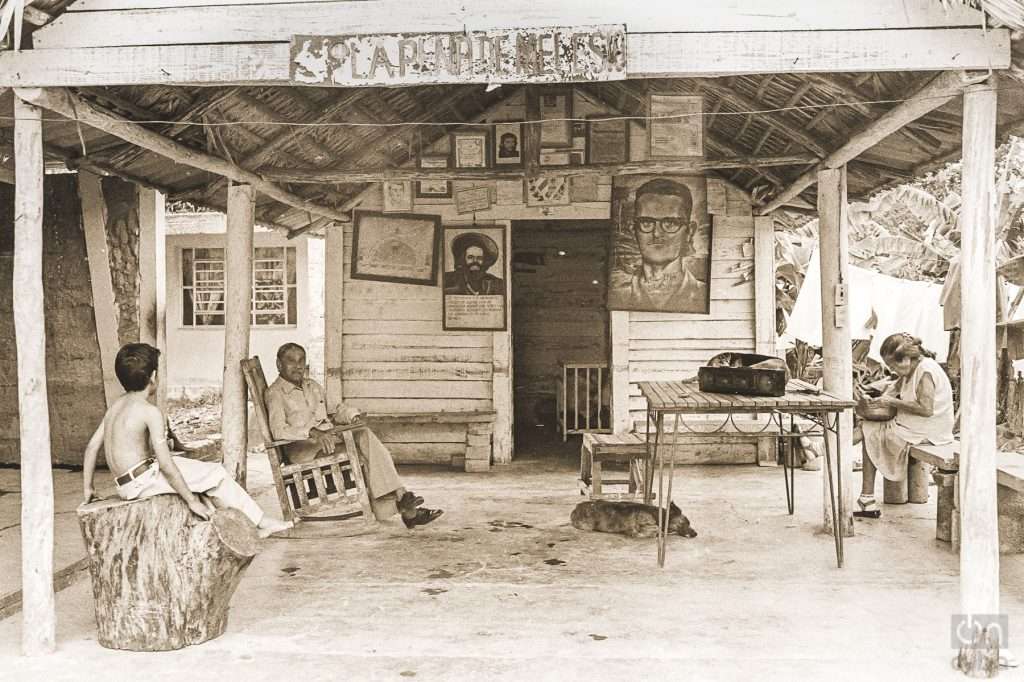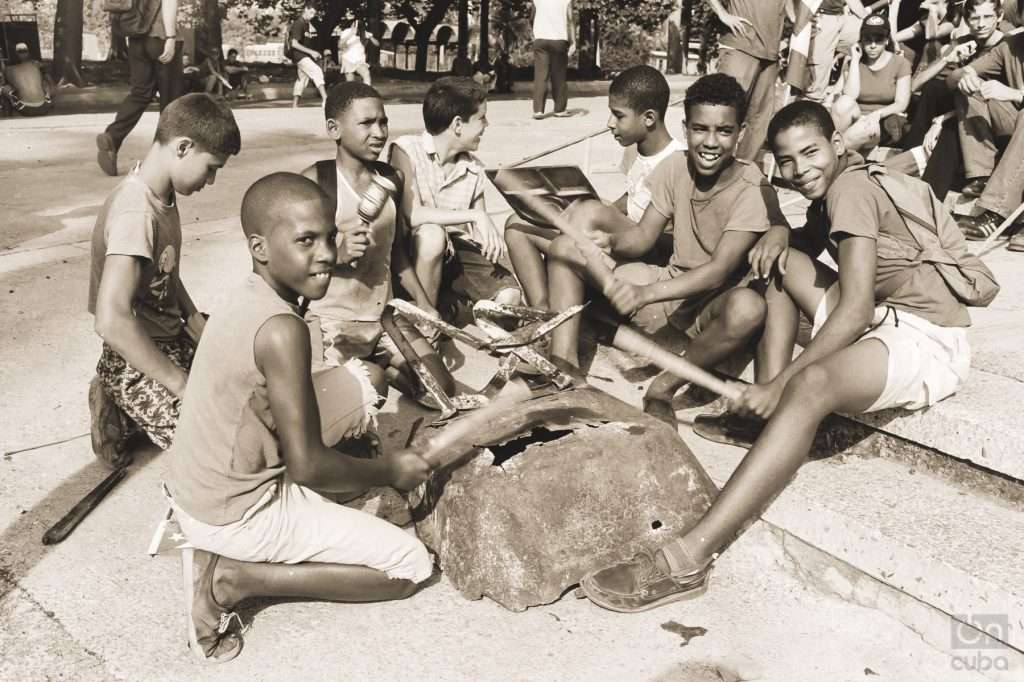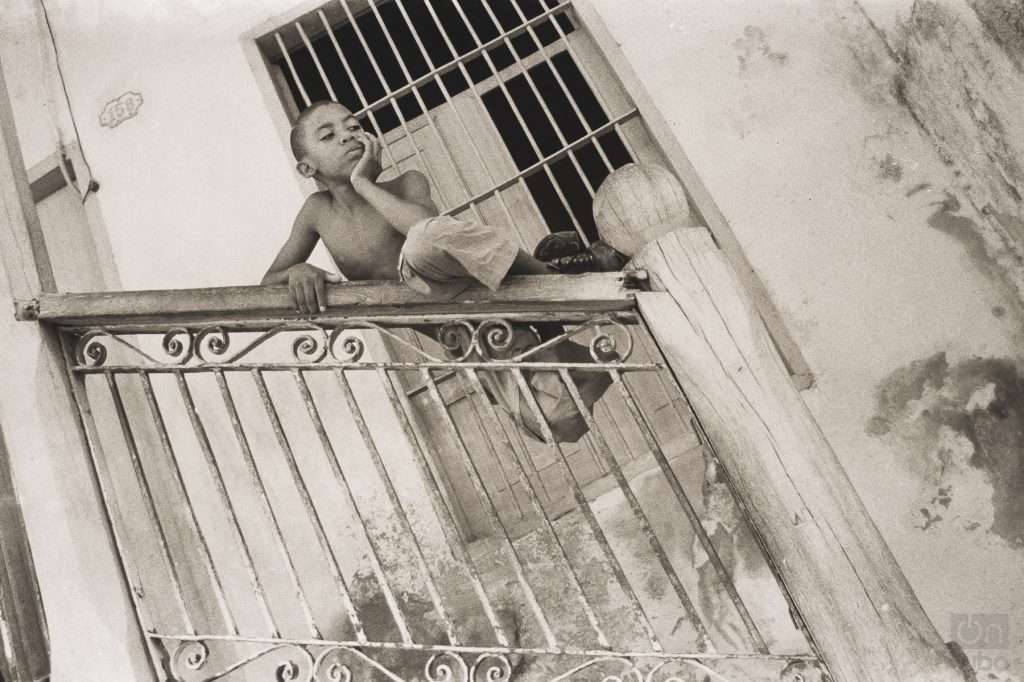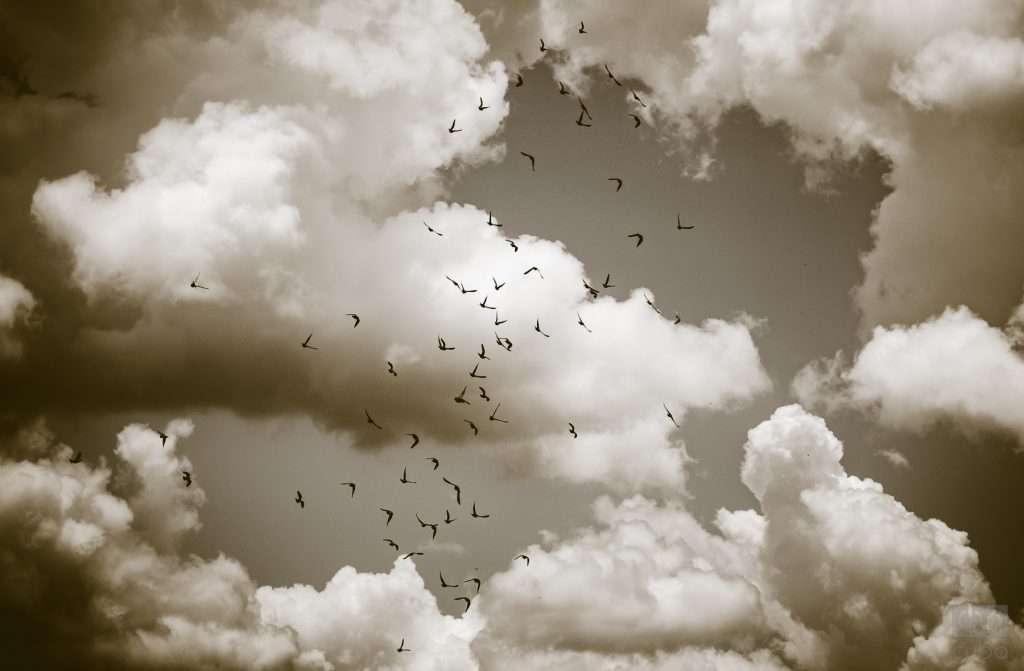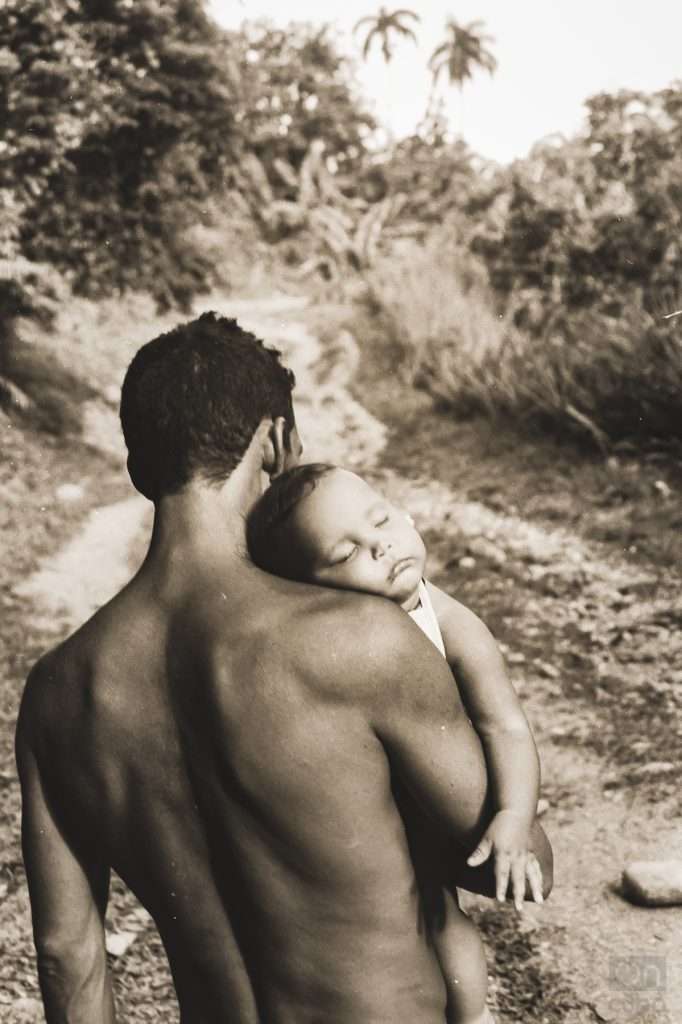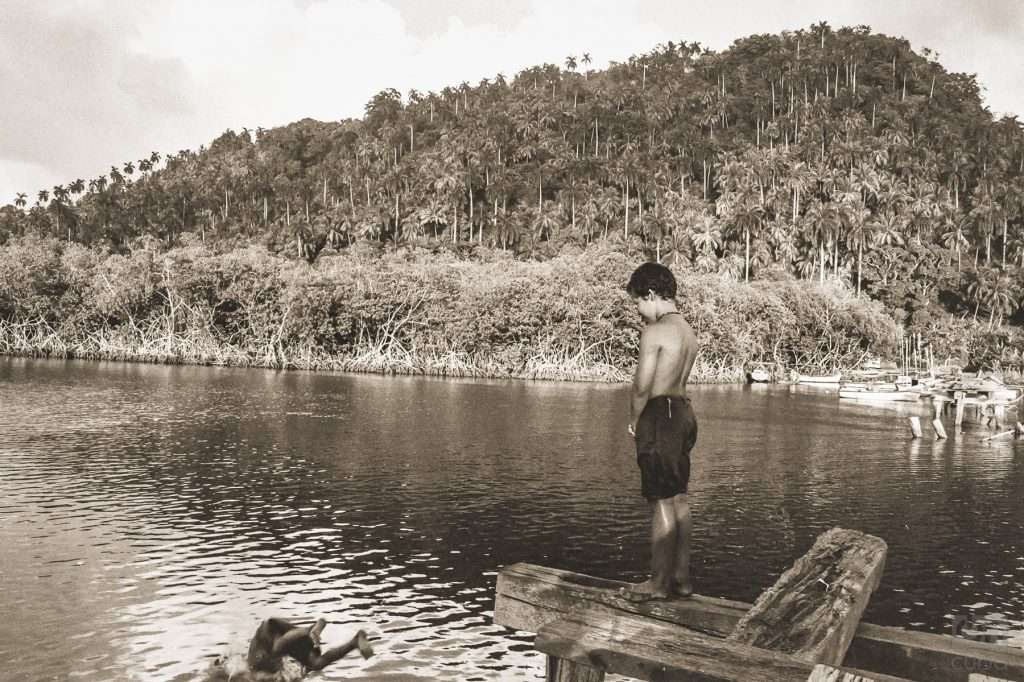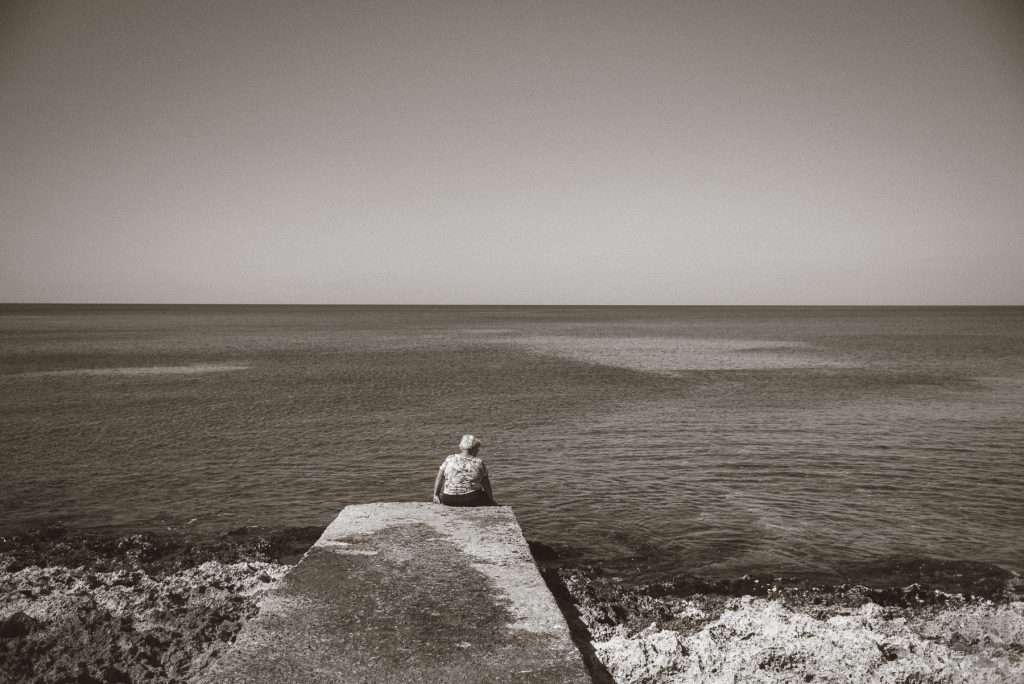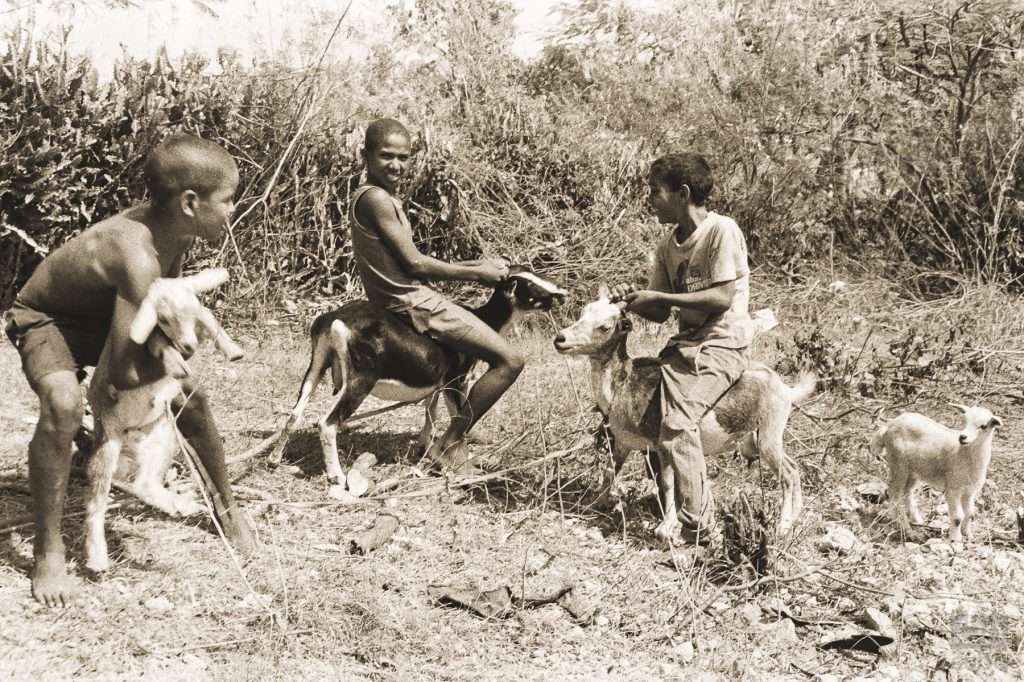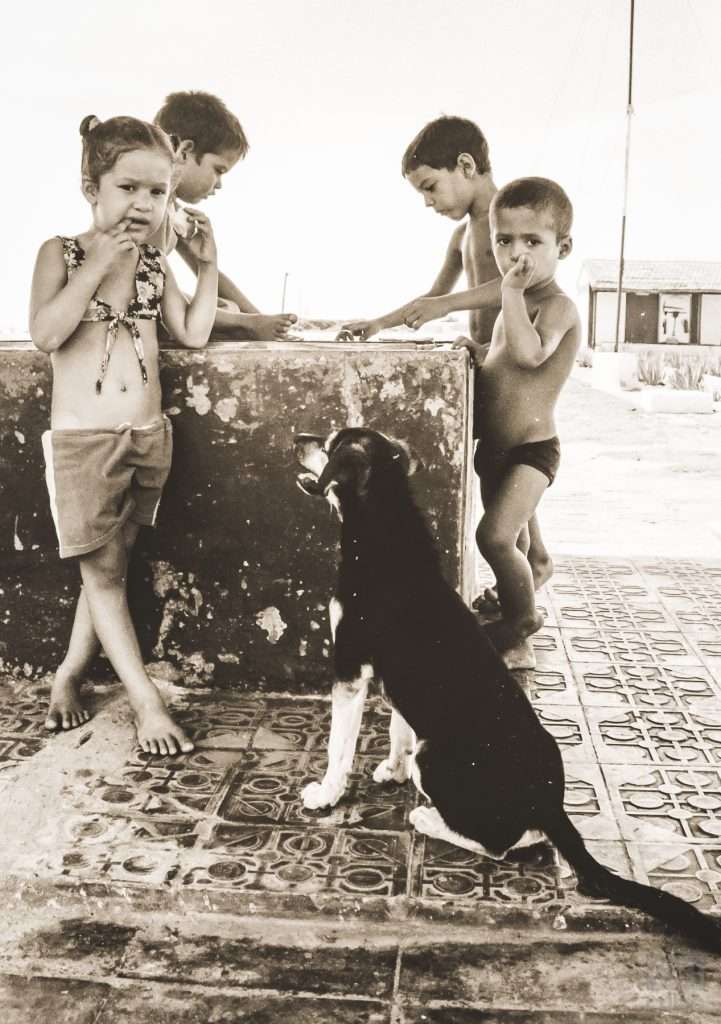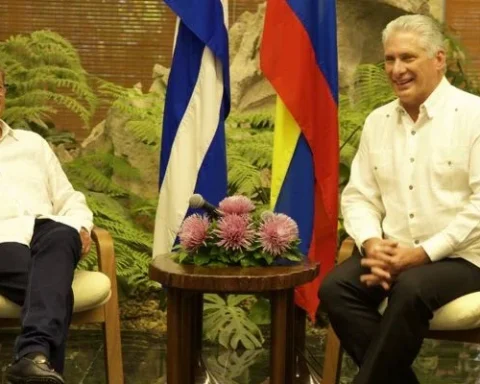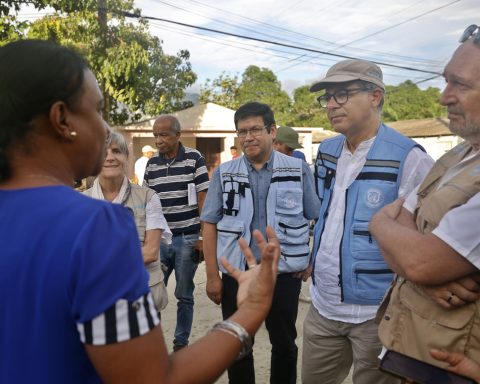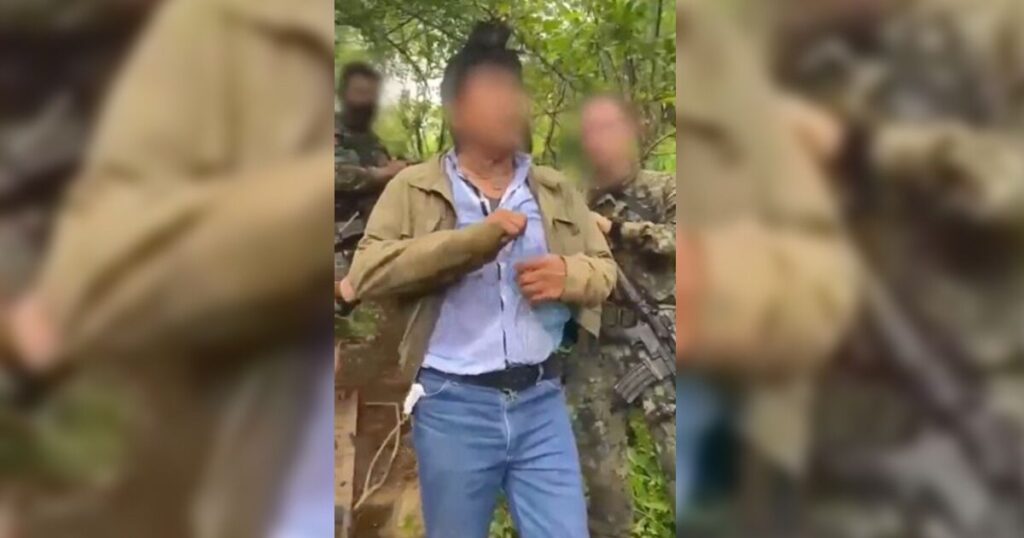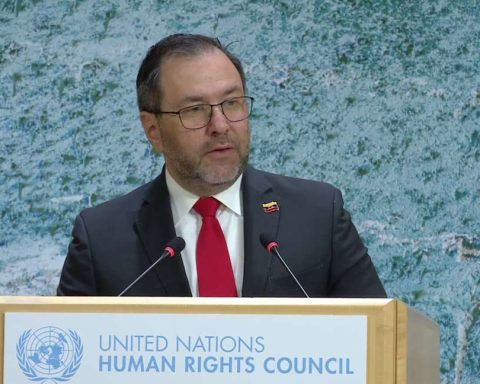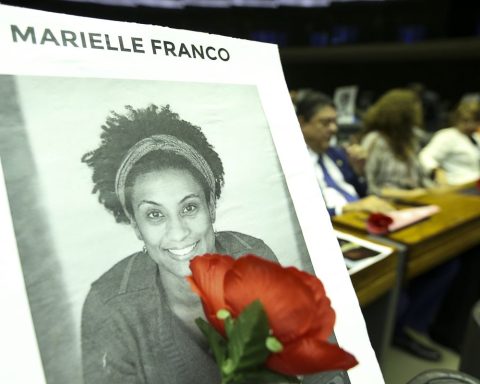It is the tradition of this column to deviate every once in a while from the strictly photojournalistic and embrace, with photos, poetry. It is about a quasi-necessity: detach from the documentary and immerse yourself in the subjective world of metaphors, ellipses and hyperbolas before pressing the shutter. And it’s not because I think poetry lacks images. Quite the contrary. It is because photography needs verses.
In other words, to look at what routinely surrounds us and capture a little bit of what seduces us from our universe; To have the sensitivity to capture the ineffable, we often need the buzz of a poetic voice. For this reason, in addition to appropriating the literature that can shake us, we must rise to the challenge of reinterpreting those texts with our own snapshots.
It is an exercise of conscious appropriation. A didactic and even dialectical action. Everything takes place in an intertextual dialogue with the photographs. It might seem convoluted but it is natural for me to think about what photos could accompany the literary images that the literary text proposes to me. Because the photos, in this case, always accompany.
Graphing verses of poems and songs or fragments of novels and stories is something that accompanies me in my work. It is even a gym. Could it be that I carry with a poet or a frustrated writer? I do not know. Good topic to discuss in my psychoanalysis sessions.
The point is that in my library, on my desk, on a small table where my camera rests when it is not active, I am crowded with books with marked pages pending to be graphed. Some I have started. Others have a couple of assigned photos but they remain there, in suspense. A couple has had a swift and fast closure, with a series of photographs which, later, I have not seen again.
But the most important texts are those of a select group of books, which I read and reread periodically. For those fragments, I eagerly sniff around images already taken or go out into the street in search of new photographs. Complete sentences and even stanzas lurk in my head as a guide in that search. When I finally think I have those inspiring images, I wildly search for the fragments and, like a sommelierI lend myself to the pairing between the best of wines and the most exquisite of dishes.
They are powerful texts, some tender, others heartbreaking. Those writings mark my photographic impulse in accordance with the moment and the context in which I read them. Although, rather than reading them, I prefer to say that I visit them.
One of my favorites is the book Visitationsof the Cuban poetess Fine Garcia-Marruz, recently passed away at the age of 99. This collection of poems, published for the first time in 1970, is divided into the sections “Blues”, “Visitations”, “Anima viva” and “La Tierra Amarilla”.
“In this book, written in the language that Fina García Marruz asks for herself —’I want to write with living silence’—, there are some of the most passionately beautiful poems that have been composed in the Spanish language since the dawn of 1900 ”, wrote the Elisha Diegoone of the leading voices in the history of Cuban and even Hispano-American literature, about this notebook and its author, who was very endearing and close to him.
When the sad news of Fina’s death broke a few weeks ago, I returned to Visitations. I stopped once again at the homonymous poem, the one where a very intimate Fina writes with tenderness and makes memory a handle for life.
Cintio Vitier, her life partner, once revealed that Fina’s writing is based on “the intimacy of memories, the flavor of the Cuban and the Catholic mysteries.” This is how all her poetic work is. Such was her life. Her tender imprint is perennial.
«Visitaciones», the poem, is structured in twelve small parts. Twelve tenses that I underlined since the first time I read them a few years ago. On this occasion, by devouring them, they inevitably transported me to Cuba. But not to any time in Cuba but, particularly, to some photographic moments from almost twenty years ago, when a camera began to be an extension of my body. What would have mobilized me from that poem to sift through my negatives from two decades ago? (Another topic to talk about in therapy).
The previous question remains open. Memory as a sustenance of existence now finds its place, in these photos of yesteryear, as photographic “visitations” to celebrate Fina and poetry.
Visitations
1
When time is already gone, one returns
as to the childhood home, to some
days, faces, events that they knew
walk the path of our hearts.
The tired footsteps return again
easier and slower
the same day, the same friend, the same
old sun. And we want to tell the wonder
blind to others, clear to our eyes,
where memory has stopped
like a painter, a gesture of the hand,
a smile, a brief way of greeting.
For little by little the world becomes impenetrable,
the eyes do not understand, the hand no longer touches
the nameless food, the real.
two
One goes back up the stairs
of their lost house (they no longer have
nowhere), someone calls them
with a dear, familiar voice.
But there is no need to answer him.
The voice alone calls us, enough,
as if nothing could hurt him,
in the huge hallway. A rain
that can’t get us wet, doesn’t get tired
to surround a favorite day.
One knocks on the door of the house
what was left to our hands
mortals, as a timid consolation.
3
The one who used to visit us, the one who was
most loved of all, soft returns
to the simple room, every day
more real and lighter, already smoke.
When did you knock on the door? We can not
remember it. She was there, she was!
And it will never go away nor can it go away.
The words do not bring us memory
of goodbye can only turn
through the door of a noise, of a call
of that world that erases, ignores and wins.
4
What capricious and exquisite hand
traced, chose that enduring gesture,
he took him out of his nothingness, like a god,
to illuminate forever another joy?
Will you partake of the eternal giving
that you left your humble hand full
of the treasure? In your happy carelessness
teenager did you spill the oil?
What mystery was yours, pure instant,
silent chosen of days?
‘Cause they’re getting blurry
and you stay as a fixed star
with greater power of eternity.
5
And when time makes his face impure,
a life that we love in its hour
certain to give, forever more real
that its present truth, we will see
when that light surrounded him,
when time was just a fragment
of a more splendid, invisible body.
Every man is the guardian of something lost.
Something that only he knows, only has seen.
And that buried world, that mystery
of our youth, we defend it
like a fantastic hope.
6
And the real is what has not yet been!
Every appearance is a mystery
appearance. On the autumn branch
the fruit does not end but the evening
promise to be as long as your intact
form offered a moment to our bliss.
For all fullness is the promise
splendid of death, and the visitation
of the angel in the face of the youngest
that we all knew would go before
for Desire chose its nocturnal smile.
7
To that vague delirium of the room
you brought the blue portal of the town
of your childhood, in your silence it opened
a distant mysterious dinner.
The thick veil fell from the eyes
and to the one who waited all night we opened.
He broke bread with a blanket of snow.
With the backs of the shepherd you fled,
when you turned your face it was night,
everything had changed and yet
the sheep slept peacefully on the farm.
8
Didn’t you feel your heart burning
when he spoke to us of the scriptures?
(The pilgrims of Enmaús)
Guest was a mysterious word.
Guest is the one who comes from far away,
from some town we’ve never seen.
Guest is the one who comes at night,
knock on the door and everything
the threshold shimmers like snow.
Guest is who sits at our table
just for one night, and it’s not right
but already to hear what his mouth said.
Guest is he who cheers with his face,
and shines our bread with his hands
and we can’t remember his name.
Guest is the one who has to leave, at dawn.
9
There go to wind where the rose was
WALTER DE LA MARE
O ye lamps of autumn,
more fragrant than all summers!
Why should it be the one we become
over time, more real, less ephemeral,
that the one we went to your pale lights?
Why the desert dust, the agony
next to the beautiful weapons, there are only
from the glow of victory? Far
It’s all expiration. in another space
happens, beyond the dying
face that sinks glory and leaves blind
next to the wind that carries the flags
splendid ones that flee. Fiera is all victory.
10
Friend, the one I loved the most,
come to the light of dawn.
How time has changed that fixed
smart look than a stranger
tenderness, like a sun, blurred!
The music of the possible surrounded your face,
like a thief time took only the spoil,
in our faithful tenderness you were fulfilled
as in the burning fire, and not in the livid
ash, finish And where do the others see
the wrinkle of derision, we touch you
the teenage outfit, almost snow
children at hand, because only
ours was the privilege of looking at you
with the face of your resurrection.
eleven
Since I have walked with you through shady lanes…
Keats
Who does not know that shadowy path,
that continuous talking, interrupting
each other friend, in the joyful
dialogue to the door of the house,
already served dinner? who doesn’t listen
the nocturnal footsteps on the sidewalk
become more opaque when crossing the grass
What brings us to the friend, to the well-arrived?
To whom, already late, does not cost much
say goodbye and murmur generous wishes,
inexplicable said, under the cold stars?
12
qui laetificat juventutem meam…
Only you beasts, clear trees,
you can follow! But eternal is man.
Wild privilege of death,
inheritance only ours, while the star pours
its surviving light on that haughty face
to be fleeting, together with the fixed cycles,
and that green, eternal! he walked away
the glory of the most beloved faces,
and we return, like a blind wave, to time
of the incorruptible body that you waited for
and we couldn’t hold back, crying
in the lost lamp, the voices,
what I find we believed and it is departure.
Oh the real, the world in mystery
of our youth, which awaits us!
Your joy has been promised to us.
His return has been promised to us.
You are what returns, oh we always knew.
But not like now, my friend.
